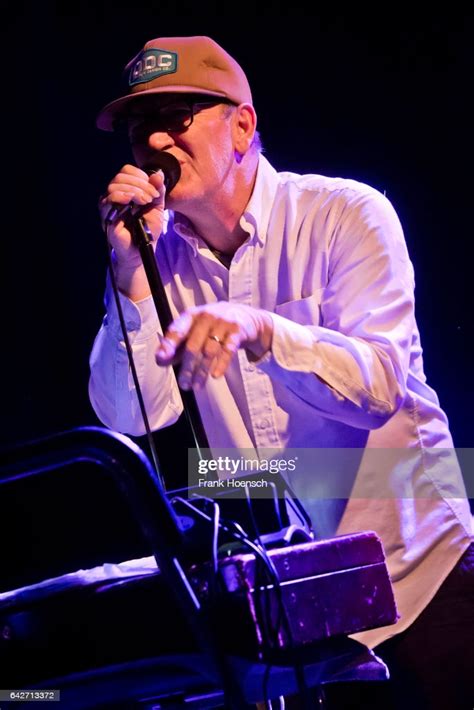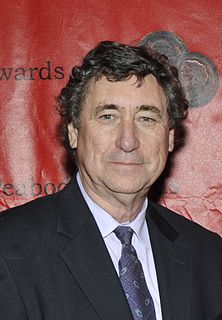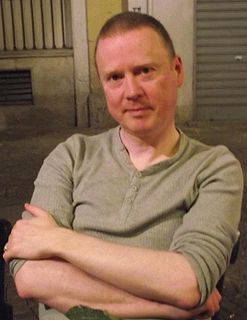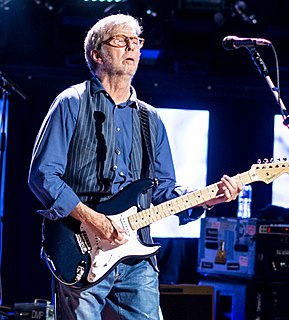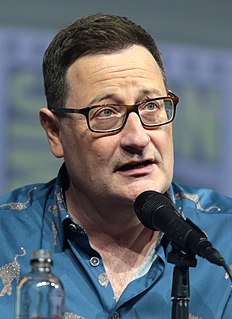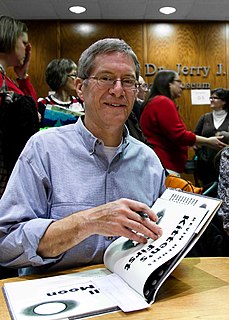A Quote by Beatrix Potter
There is something delicious about writing the first words of a story. You never quite know where they'll take you.
Related Quotes
The secret to writing is writing. Lots of people I know talk about writing. They will tell me about the book they are going to write, or are thinking about writing, or may write some day in the future. And I know they will never do it. If someone is serious about writing, then they will sit down every day and put some words down on paper.
With abstract work, I never was quite sure what it was that felt right about the painting, but I did know that I responded to it and I liked whatever it was offering me. That's something that seems to happen as well when I'm writing, where maybe things that don't necessarily make a lot of logical sense are put together, and yet we struggle to make sense of these things somehow. I'm not quite sure why that is; it's something about human nature, I guess.
I myself, as I'm writing, don't know who did it. The readers and I are on the same ground. When I start to write a story, I don't know the conclusion at all and I don't know what's going to happen next. If there is a murder case as the first thing, I don't know who the killer is. I write the book because I would like to find out. If I know who the killer is, there's no purpose to writing the story.
I think all writing is about writing. All writing is a way of going out and exploring the world, of examining the way we live, and therefore any words you put down on the page about life will, at some level, also be words about words. It's still amazing, though, how many poems can be read as being analogous to the act of writing a poem. "Go to hell, go into detail, go for the throat" is certainly about writing, but it's also hopefully about a way of living.
For people who are coming out of an oral tradition, it is very exciting to get into reading and writing and it is quite interesting how frequently people want to write their own story. Sometimes it is straight history - this is how we came about, how our town was created, a lot of that kind of effort, as soon as literacy came. The first thing you wanted to do was to put something down about who you are or how you are related to you neighbors. Then the next stage would be the stories, the cultural part of the story: this is the kind of world our ancestors made or aspired to.
Knowing that a story needs to be told is a great motivator, even if telling a given story comes at a price. Writing Hunger has been the most difficult writing of my life, and it's the rawest and perhaps most necessary. We'll see how people take it. I always strive to write beyond personal catharsis because though I write first and foremost for myself, I do recognize that I need to look outward as much if not more than I look inward, so the reader has something with which they can engage.




